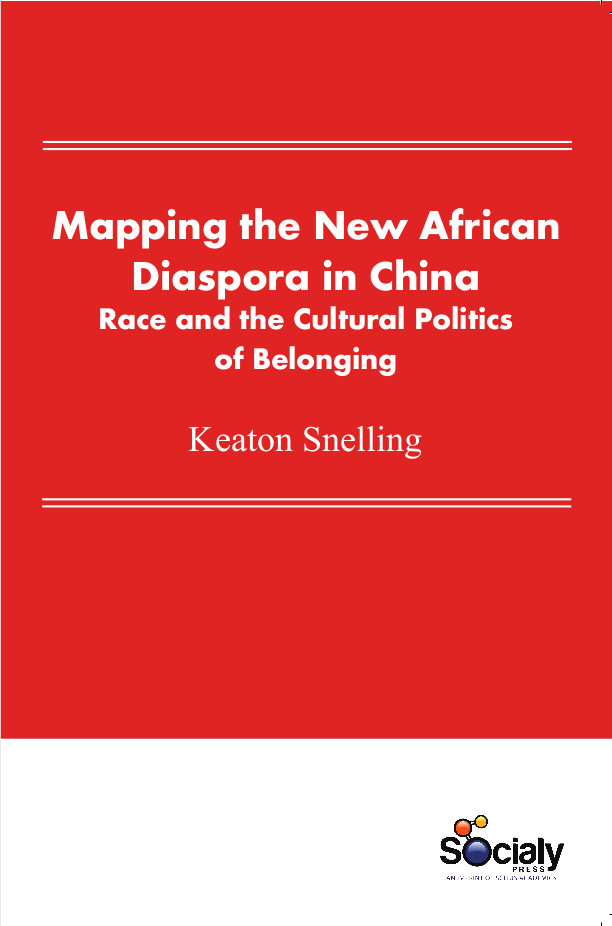The history of human beings is a history of immigration. From the olden times, people moved from one place to the other to find better environments for persistence or growth. After the modern international system came into being with borders being a necessity of the nation-state, immigration became an issue, be it from national policy or international concerns. With the recent development of China-Africa relations, a wave of two-sided migration occurred. Archaeological evidence indicates the possibility of contact between China and Africa in an earlier time. Foreigners were present in China during the Han Dynasty, and China during Tang and Song resumed an empire with many metropolitan cities hosting foreign residents. The cities enjoyed their international fame, such as Chang-an, Guangzhou, and Quanzhou. As capital of the Han, Chang-an during the Tang Dynasty attracted again many foreigners, including prosperous Arabs, Indians and other Asians. Guangzhou in the south with a reputation for foreign traders had close relations with the outside world even during the Han period. People of African heritage comprised a large group who settled down in various places in the world, including south India, the islands of Indian Ocean, and Pacific Ocean, so there is no reason to confine them in China to only one origin. While many African countries are very grateful for the economic partner that Beijing has shown it can be, allowing these countries to abandon or mitigate their sometimes-rigid economic partnerships with the West, China must still convince Africans that its interest in their continent is authentic. By improving people-to-people relations, understanding, and mutual respect in a relationship that many Africans feel reeks of European colonial stereotypes, Mapping the New African Diaspora in China: Race and the Cultural Politics of Belonging demonstrates that the African Diaspora has very old roots in Asia, to which Africans travelled as traders, sailors, soldiers, bureaucrats, and clerics. This miracle created an interest for the study of migration between China and Africa. China and Africa can strengthen one of the 21st century’s most dynamic economic and strategic partnerships.
This book will be of valuable to scholars and students in the discipline of China-Africa relations, race and ethnic studies, globalization and transnational migration, and urban China studies, in addition to those from other social science disciplines such as political science, international relations, urban geography, Asian Studies, African studies, sociology, development studies, and cross-cultural communication studies.













